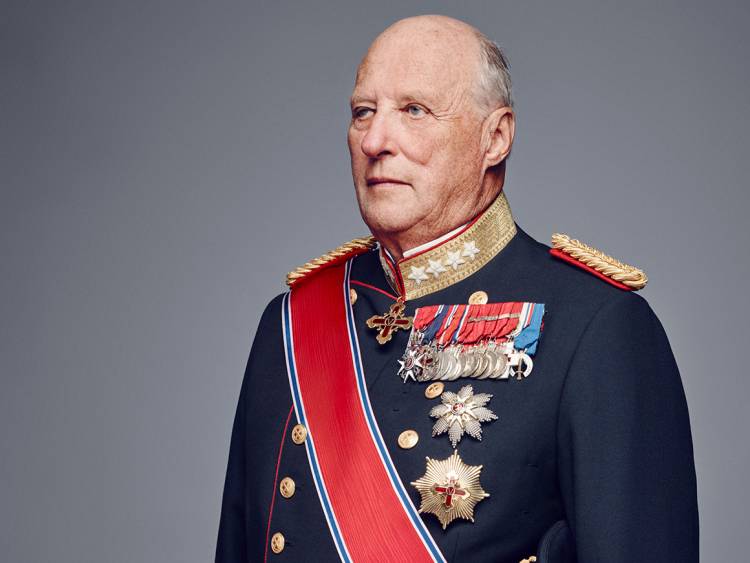The Royal House of Norway - English

Official visit to the US
His Royal Highness Crown Prince Haakon visited Iowa, Minnesota and New York 6–9 October 2025. The visit marked the bicentenary of the first Norwegian emigration to USA.
The Crown Prince visited Decorah in Iowa and Minneapolis/St. Paul in Minnesota, where he met with Governor Tim Walz, visited American-Norwegian institutions, and took part in a business conference.
On 9 October the Crown Prince welcomed the ship Restauration in New York. This is an exact copy of the first ship to carry Norwegian immigrants to USA in 1825.
Crown Prince Haakon visited Vesterheim Museum in Decorah, Iowa. Photo: Ola Vatn, The Royal Court
Current Activities

Welcoming the Restauration to the US
His Royal Highness Crown Prince Haakon, along with a couple of thousand attendees, welcomed the sloop Restauration to New York, exactly 200 years after the vessel carrying Norwegian emigrants arrived in the United States. In 1825, they crossed the Atlantic in search of a new and better life. This voyage is regarded as the beginning of organised emigration from Norway.

Met with Governor Walz in Minnesota
Minnesota is one of the states in the United States where a large proportion of the population has Norwegian ancestry. His Royal Highness Crown Prince Haakon is therefore also visiting this state and its largest metropolitan area, Minneapolis–Saint Paul, during his trip to the United States to mark the 200th anniversary of Norwegian emigration to the US.

200 years of Norwegian-American history
This year marks the 200th anniversary of the organised emigration from Norway to the United States. In commemoration of this, His Royal Highness Crown Prince Haakon is visiting the states of Iowa, Minnesota, and New York to celebrate Norwegian-American history, alongside Norway's Minister of Foreign Affairs and Minister of Trade and Industry.



